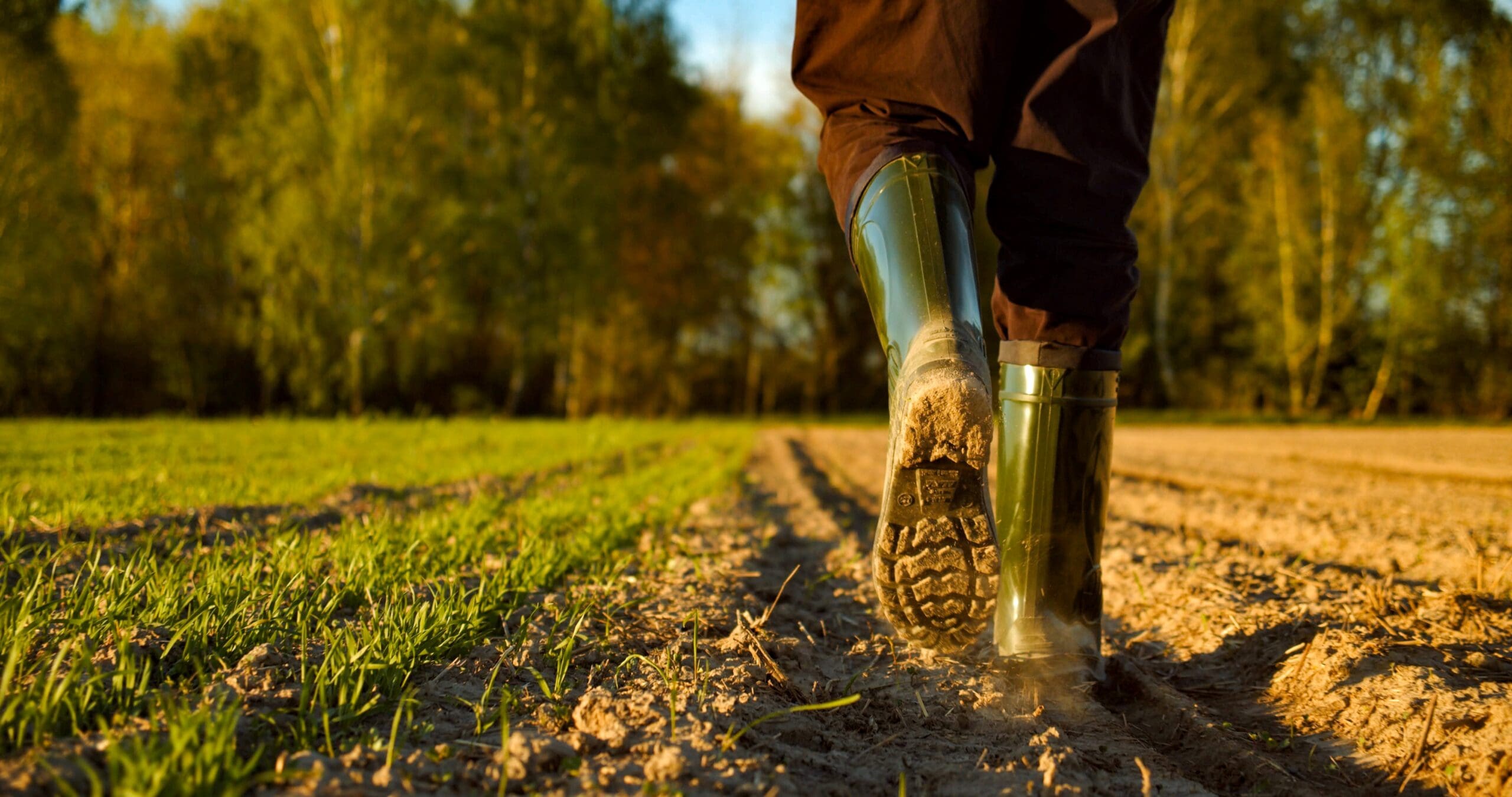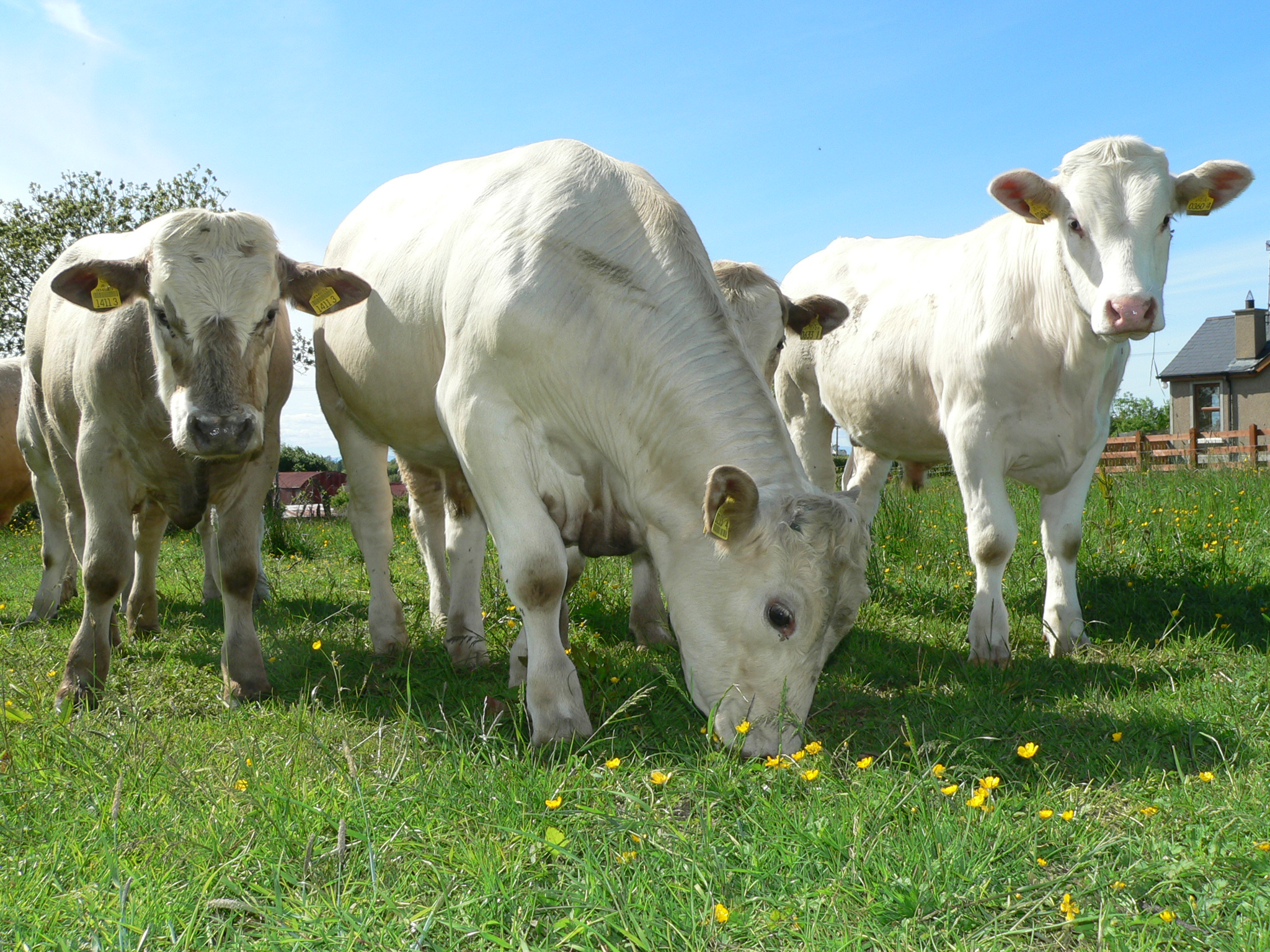
Commodity watch by senior policy officer Aileen Lawson
Ammonia emissions from agriculture remains a key policy priority for the Ulster Farmers’ Union. In 2020 around 96% of ammonia emissions come from agriculture and despite the perception that intensive pigs and poultry farms are the main source of ammonia emissions in NI, the fact is that around 70% of the ammonia in NI comes from cattle. Ammonia (NH3) is a natural and invisible gas, which is produced in livestock housing, slurry storage and spreading and from fertiliser application. Reducing emissions in NI is a priority for the Department of Agriculture, Environment and Rural Affairs (DAERA).
Ammonia is not a greenhouse gas and therefore it is not linked to the Climate Change legislation and targets. The main concern about ammonia is that when it is emitted into the air it is subsequently deposited as nitrogen onto land and water. Nitrogen deposition occurs in gaseous form close to the source (dry deposition) or through rainfall (wet deposition), often many miles from the original ammonia source. When it is deposited as nitrogen, it acts as a fertilizer and if this falls on species that are more sensitive it can cause damage and loss. Northern Ireland has designated land across the country as Special Areas of Conservation (SAC), Special Protection Areas (SPA) and Areas of Special Scientific Interest (ASSI). This land is protected by law and NIEA estimate that most of these designated sites and other priority habitats are receiving levels of nitrogen which are significantly above their “critical load”, the concentration at which damage occurs. DAERA therefore want to reduce emissions to protect these habitats to allow them to comply with their legal biodiversity obligations. The UK also must meet reduction targets for ammonia to meet air quality commitments.
Last year, DAERA consulted on a draft Ammonia Strategy for Northern Ireland focusing on a range of measures that could be adopted on farm to reduce emissions. Moving more farmers use to Low Emission Slurry Spreading Equipment (LESSE), changes to livestock diets, adopting new technology and management practices and using urea fertilizer with an inhibitor where some of the proposals but forward alongside more targeted measures for farmers close of designated sites. The UFU submitted a robust response to this consultation highlighting farmer’s concerns particularly around the costs and practicalities of adopting many of the proposals. The final strategy will be signed off by the Minister in due course.
Currently ammonia is impacting local farmers when they apply for planning permission. Planning rules require an assessment to be made on the impact of a development on protected habitats and NIEA will be consulted if there are any designated sites or priority habitats within 7.5km of the proposed project. Large pig and poultry farms which require an IPPC permit to operate will have to take further action to reduce ammonia. Following a start stop approach to assessing planning applications in 2023, NIEA have now adopted an interim policy until a final position is developed. DAERA also launched a ‘call for evidence’ around the NIEA planning advice in summer 2023. The UFU worked with other agri-food organisations and employed a range of experts including a lawyer to challenge the NIEA proposals during this call for evidence. Despite the offer to engage further with DAERA and NIEA on this issue officials appear to be reluctant to meet.
On top of the concerns around how planning applications are assessed, the current process with NIEA is inefficient and frustrating for all those involved. The inability of NIEA to deliver responses in a timely manner and the constant need for more information to be submitted results in significant costs, time pressures and stress for farmers caught up in the process.
The Union has been highly critical of the positions taken by DAERA and NIEA to date on planning. Farmers need to develop their business to meet new standards, improve health and safety and increase efficiencies allowing them to compete in the marketplace. Preventing on farm development or replacement of buildings is stifling these improvements and is causing a huge amount of stress and strain for many NI family farms who are worried about their future.
The UFU has raised this issue with the new Minister and members of the AERA Committee at Stormont and hopes that more progress can be made and a balance approach adopted.




